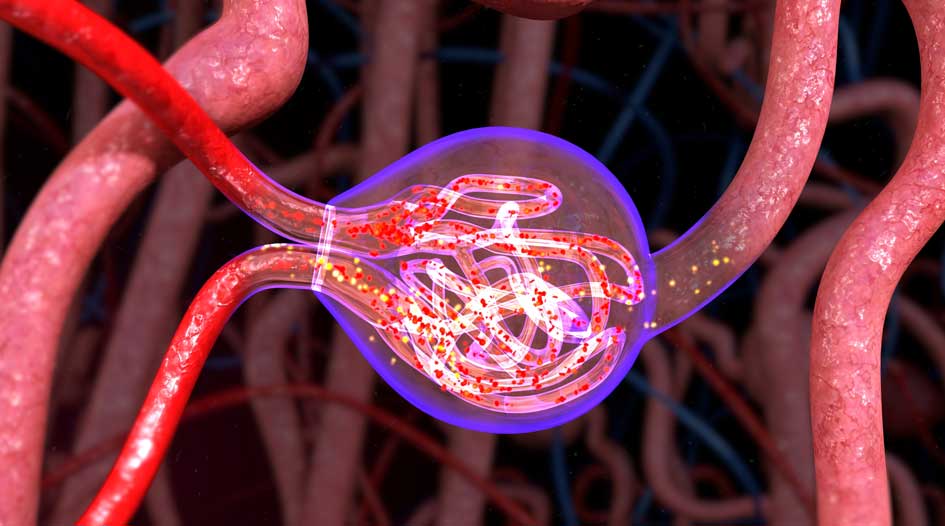
Glomerular diseases
Glomerular disease is a kidney disease characterized by damage to the glomeruli. The latter is present in the kidneys and involves several blood vessels in the form of a network. These blood vessels act as cleaning units of the kidneys. They cleanse the blood by filtering waste and liberating excess fluids from it.
An individual suffers from glomerular disease when the glomeruli stop functioning due to serious damage. As far as the damage to the glomeruli is concerned, it can happen due to several conditions or diseases.
The glomerulus is attached to the tubule which is a small tube-like organ that collects fluids. A single unit of a tubule is called a nephron. Overall, there are at least a million nephrons that work together for the proper functioning of each glomerulus and kidney. The primary function of the glomeruli is to filter excess water and waste and move them to the tubule which then turns it into urine. Glomerular disease impairs the functioning of the glomeruli.
Causes of Glomerular Disease
Glomerular disease in an individual can be the outcome of several factors. These include the following:
- The use of a chemical or medication that is harmful to the kidney
- An infection
- Diseases that affect the whole body and the kidney
- An unknown cause
- Diseases that either lead to the formation of scarring of the glomeruli or cause inflammation
Glomerular Disease Treatment
Early and precise diagnosis of glomerular disease is vital. Timely treatment is key to avoid kidney failure
Treatment may include:
- Diet changes and exercise.
- Medicine to control blood pressure.
- Medicine to suppress the immune system.
How is proteinuria treated?
If you have diabetes or arterial hypertension, the main causes of kidney disease, it is important to ensure that these conditions are controlled.
If you have diabetes, control this means that verifying your blood sugar level, take your medications as indicated by your doctor and maintain a healthy diet and exercise plan. If you have high blood pressure, your doctor will recommend you to take medications to reduce your blood pressure and protect your kidneys from additional damage.
If you have protein in your urine, but you do not have diabetes or high blood pressure, talk to your doctor to choose the best treatment for your situation.



